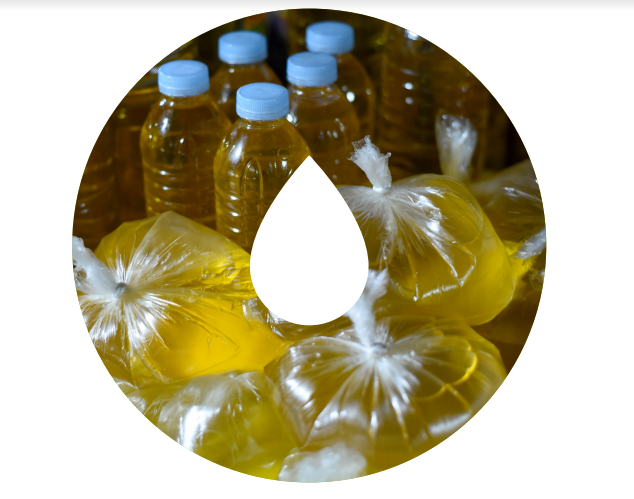Inside BENEO’s new pulse plant: pioneering sustainable protein from faba beans
India does not follow international best practices when it comes to regulating the amount of harmful and unnecessary trans fat in our food
Disha Foundation called on the Indian government to reduce trans fats to 2% in all foods, and eliminate trans fats from Indian foods by 2023, as a newly released report by the World Health Organization confirms that more than 60,000 Indians die each year, the highest in the world, due to unnecessary overexposure to the toxic chemical, trans fat.
“The WHO report underscores the need for immediate action to eliminate industrially produced trans fat from our food supply,” said Dr. Anjali Borhade, President of Disha Foundation, “The Food Safety and Standards Authority of India must act now to limit trans fat to 2% of total fat in all foods.”
Industrially produced trans fat is a harmful chemical found in partially hydrogenated oils that may be used in vanaspati ghee and other baked, fried and packaged foods. Trans fat consumption increases the risk of cardiovascular diseases, the biggest cause of death around the world. More than 60,000 deaths, approximately, were attributable to high trans fat intake in India in 2010, according to the World Health Organization (WHO).
“Momentum is growing for the global elimination of industrially-produced trans fat, with nearly one third of the world’s population in 28 countries now protected from its harms,” said WHO Director-General Dr. Tedros Adhanom Ghebreyesus. “But more than two-thirds of the world’s population lacks protection from industrial trans-fat in their food. WHO stands ready to support elimination efforts in the remaining countries. We welcome industry commitments to reformulate and remove trans fat from their products.”
India does not follow international best practices when it comes to regulating the amount of harmful and unnecessary trans fat in our food, WHO concluded in its first-ever global annual report on trans fat elimination, released today at the World Health Assembly in Geneva, Switzerland.
“Industrially produced trans fat can easily be replaced with healthier alternatives, and six countries restricted use of the toxic chemical in 2018, while another 25 (including the European Union) adopted policies that will come into effect over the next two years, added Dr Eram Rao, Associate Professor, Delhi University
India is progressively reducing permissible trans fat, as opposed to completely banning it, WHO said in its report. India is considering lowering its 5% trans fat limit to 2% by 2022, but this limit only applies to fats and oils – not foods.
“Mandatory labelling of TFA content in foods is needed for elimination of industrially produced trans fats from the food supply in the country.” said Dr. T. Longvah, Director Grade Scientist at The National Institute of Nutrition (NIN)
WHO released a set of modules to help countries implement REPLACE, the action package launched a year ago to eliminate industrially produced trans fat from the food supply by 2023. Regulatory actions are key to achieving this goal.

